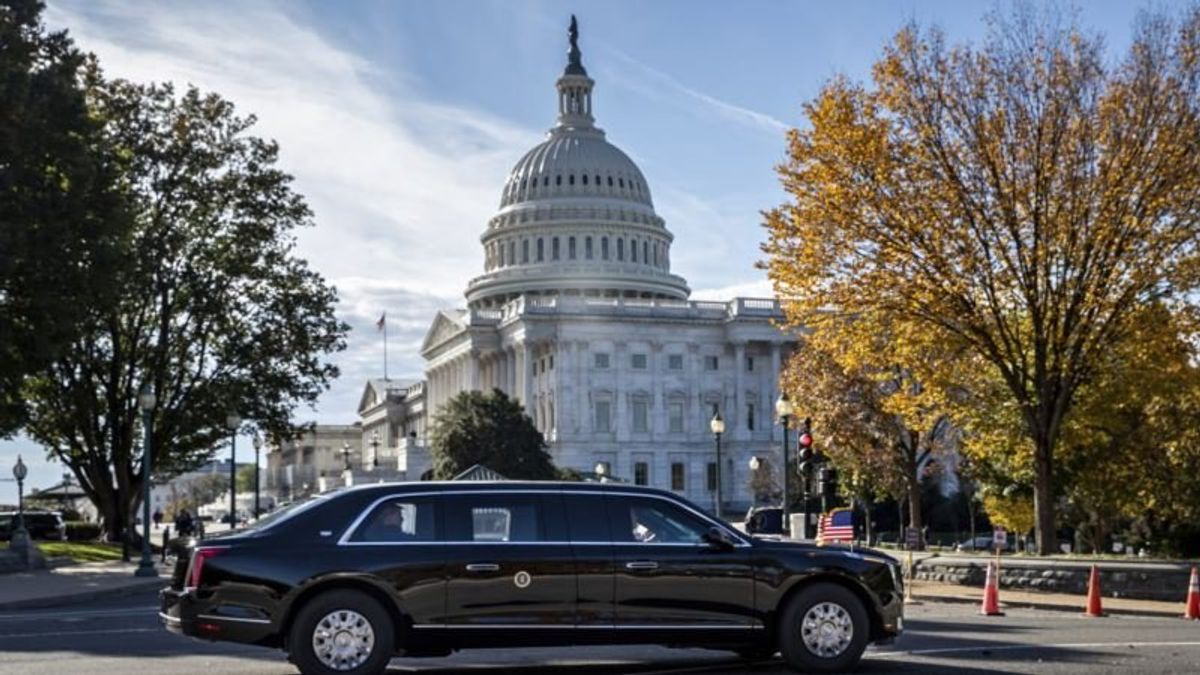
Divided US Congress to Test Bipartisanship — Again
Divided US Congress to Test Bipartisanship — Again

Despite numerous areas of potential conflict, a politically divided and ideologically polarized U.S. Congress may find limited areas of cooperation between the two chambers and President Donald Trump beginning in January, according to political observers.
“Divided government is common in American politics — we have it more than we have a united government,” political analyst John Fortier of the Washington-based Bipartisan Policy Center said. “And it means that, first of all, that the president’s agenda won’t be the legislative agenda. There will be things that can get done but they will require both the cooperation of Democrats and Republicans, which is hard but still possible.”
“If there is a desire to show some level of accomplishment, there are a few, very few, areas where you could probably do that — infrastructure, maybe some strengthening of healthcare provisions,” said Guian McKee, who teaches presidential studies at the University of Virginia.
Trump and the top House Democrat, Rep. Nancy Pelosi of California, already have signaled a desire to find common ground.
“Hopefully, we can all work together next year to continue delivering for the American people, including on economic growth, infrastructure, trade, lowering the cost of prescription drugs,” the president said at a news conference on Wednesday. “These are some of things that the Democrats do want to work on, and I really believe we’ll be able to do that.”
“We will strive for bipartisanship,” Pelosi told reporters one day after Democrats won control of the House of Representatives in Tuesday’s midterm elections. “We believe that we have a responsibility to seek common ground where we can. Where we cannot, we must stand our ground. But we must try.”
At the same time, friction quickly surfaced over what Democrats see as their duty to provide oversight of the executive branch and what the White House sees as looming politically-motivated abuse of the investigative authority that House Democrats will wield when the new Congress is sworn in.
“The American people have demanded accountability from their government and sent a clear message of what they want from Congress,” the House Judiciary Committee’s ranking Democrat, Jerry Nadler of New York, tweeted.
Trump, meanwhile, warned that a flood of investigations of his administration would prompt “a warlike posture.”
Unified Republican control of the federal government’s elected branches brought a two-year reprieve from ferocious budget and spending battles that plagued Washington during the former Obama administration. Some are predicting a swift return.
“The next two years will be constant budget battles in Washington with threatened and actual government shutdowns being the norm,” federal budget analyst Stan Collender said. “Even if Senate Republicans and House Democrats mutually agree to provide the spending increases the other wants, there will be no guarantee that Trump will go along or that he will sign a bill without demanding his own pound of appropriations flesh.”
For now, however, key lawmakers are stressing a get-to-work attitude that presumes at least a modicum of comity and bipartisanship.

Senate Majority Leader Mitch McConnell, a Kentucky Republican, pointed to health care during a Wednesday news conference.
“There are serious problems with Obamacare, serious problems that need to get fixed,” McConnell said. “Rhetoric doesn’t solve the problem, and I think we’re obviously going to have to address that now on a bipartisan basis.”
Moments later, Minority Leader Chuck Schumer of New York told reporters Senate Democrats can expand their ranks “by focusing on middle-class issues that affect average voters, such as healthcare, drug prices, things like that.”
 Acting US Attorney General Has Echoed Trump’s Criticism of Russia ProbeNext PostVote Counting Continues in Close US Elections
Acting US Attorney General Has Echoed Trump’s Criticism of Russia ProbeNext PostVote Counting Continues in Close US Elections





